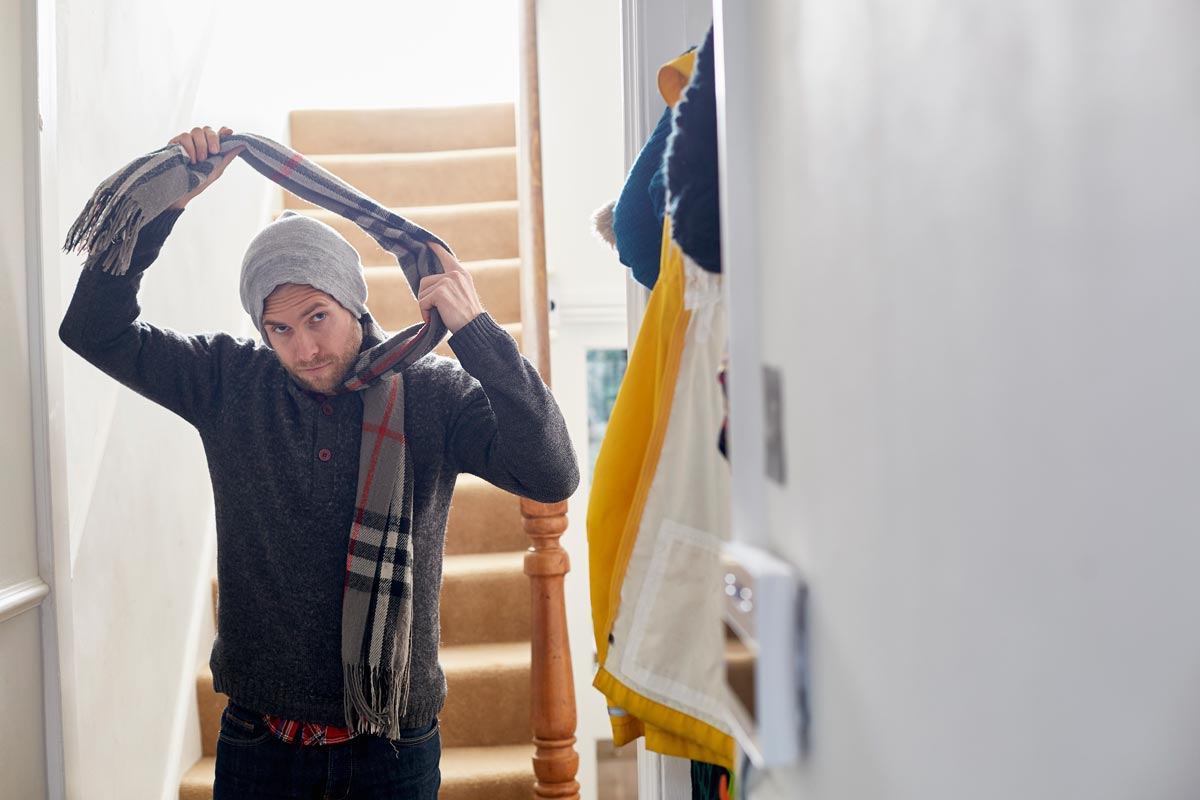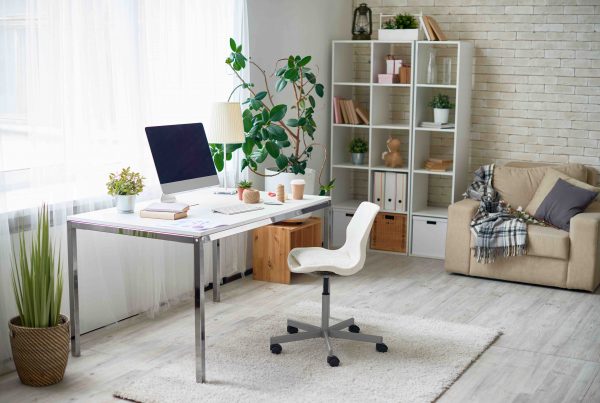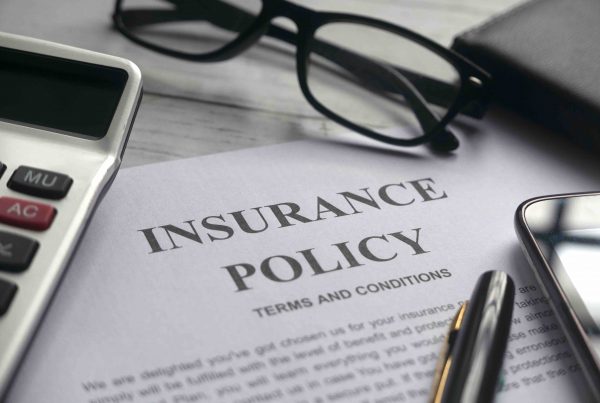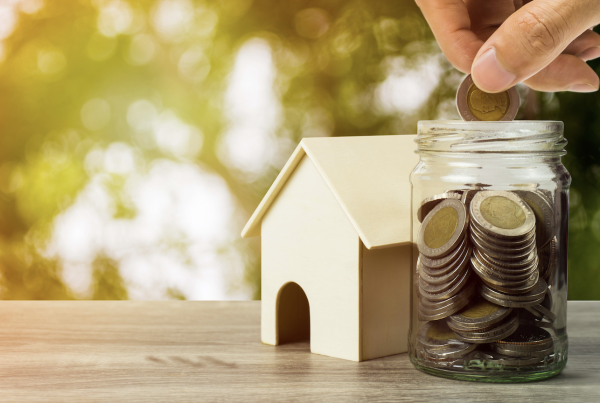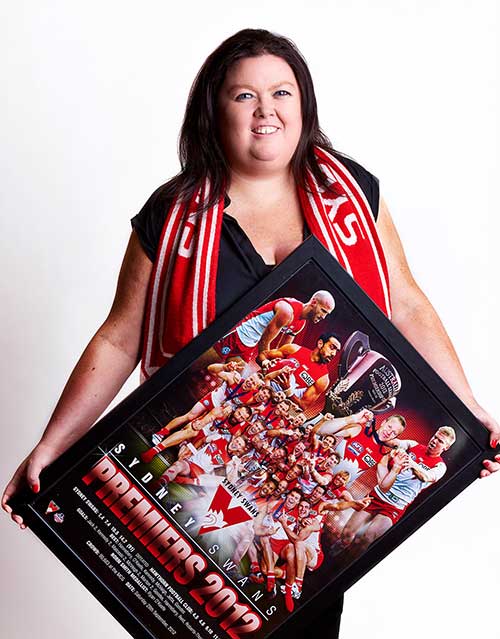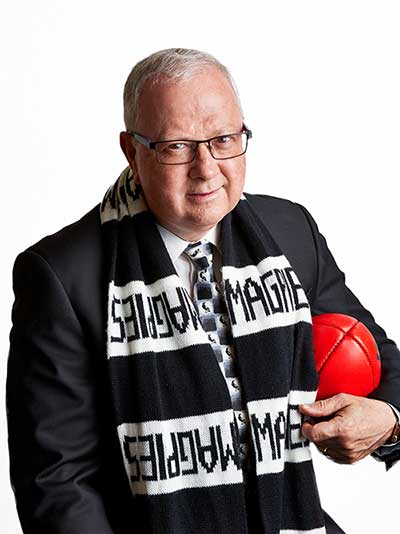The colder weather is well and truly upon us and in homes right across Victoria, that likely means firing up appliances that haven’t operated for 5 months or more.
Whether you’re a landlord, a tenant, or just a home-owner keen to get cosy in your own home, there are some basic things you should be aware of to ensure your heating appliances are in safe, working order, for a healthy, happy winter ahead.
Easy Tips To Clean Your Ducted Heating
The everyday movements of any busy household track dust, dirt, loose hair and more through your home. When you add pets into that mix, you can expect even more debris littered through your living space and for people with ducted heating units heating their home – especially with vents that are in the floor – that means vents that must be cleaned to protect your health and safety.
Although there are no firm rules on exactly when you should clean out your heating vents, having a system that is free from dust and dirt will make your system run more efficiently and it will also give you the peace of mind to know the air you, your family, or your tenants, breathe inside your home is as clean as possible.
Duct Cleaning Experts
Although it’s important to get the basics done – removing vent covers and washing them in warm, soapy water to remove residue, as well as using your vacuum cleaner to suck out obvious grime and debris – sometimes, it’s best to call on professional duct cleaning specialists to take care of the job for you.
Use professional duct cleaners if:
- There is mould growing inside your ducted heating system. You might not be able to see it but if you can smell it, it’s a sure sign there may be dangerous mould spores in the air. If mould is not dealt with properly, it can keep growing and has the potential to cause health issues – especially with people who are young, elderly, or infirm.
- Excessive dust in the vents will be released into your home when the system is turned on. Having them professionally vacuumed out, will reduce the debris in the air.
- Sometimes, pests, such as rats, mice or insects, can make their home in the heating vent system. Call in professional pest removalists if you suspect you have this problem.
- If you notice family members experiencing allergy symptoms, such as sneezing, coughing, or itchy, red eyes when the heating is turned on, it’s best to seek medical advice – and call in professional duct cleaners.
Always do checks to make sure you choose a reputable company and ask them about their methods. If they plan to use chemicals as part of their cleaning treatment, it is wise to do your research and understand the potential risks – and how safe it is for you to be using the heating again.
DIY Your Ducted Heating Cleaning
- If children are part of your household, check ducts regularly for little surprises that might have been ‘posted’ through the vents. Food, crayons, soft toys and other items can cause havoc with your system if left unchecked.
- Your ducted heating system should be fitted with a high-quality air-filter and this should be changed at least annually.
- Wash vent grates in warm, soapy water and dry thoroughly before replacing.
- Vacuum gently to remove hair, dust and obvious dirt.
- Wipe out vent with a damp cloth to remove any spills or residue
- In some systems, filters sit in vent grates that trap dust and dirt, If your system has these filters be sure to wash and dry them regularly for maximum cleanliness – and efficiency.
With clean vents, you should be set for a warm winter.
Check your first gas bill of the winter season to ensure your equipment is running efficiently and talking to your energy provider can also save you money by switching to a better plan to suit your heating needs.
Remember – all gas appliances in your home, including hot water systems, ducted heating, ovens, stoves and heaters should be maintained properly by a licensed, qualified gasfitter.
Carbon monoxide poisoning caused by faulty gas appliances is a genuine health risk that can cause death. Taking it seriously protects your family – and your tenants, if you are a landlord with investment properties.
It’s important that landlords and agents work together to undertake regular safety checks at agreed intervals.
According to recommendations from Energy Safe Victoria, gas appliances should be serviced at least every two years.
You can find more information on gas safety in your home here:
https://www.esv.vic.gov.au/safety-education/gas-safety-at-home/
Rooming House Safety
If you own a rooming house – defined as a building where one or more rooms are available to rent, and four or more people occupy those rooms – you need to arrange a safety check of all your gas installations at least every two years. These checks MUST be done by a licensed gasfitter.
For more information, visit:
Your Responsibility As A Landlord
In Victoria, the Residential Tenancies Act 1997 says that landlords must ensure rented premises are maintained in good repair.
Landlords must ensure that:
- Tenants are given a copy of the manufacturers’ instructions for all appliances
- Only a licensed gasfitter takes care of gasfitting work
- Before letting or re-letting a property, all appliances must be safe to use
- All appliances, pipework and flue systems are installed properly and maintained correctly
- All safety checks and work done on gas installations are thoroughly recorded, complete with certificates of compliance
Responsibility as a Tenant or Resident
Tenants and residents must:
- Use gas appliances according to instructions
- Report any faults to the landlord, owner or agent, immediately
To help protect the safety and wellbeing of tenants in rental properties, a clause can be added to lease agreements to ensure the landlord commits to having gas appliances checked and certified safe every two years.
If you need help updating your heating in your home or investment property, accessing money from the equity in your home can help. To find out more about refinancing for home improvements, talk to our mortgage experts at Lending Specialists today.


